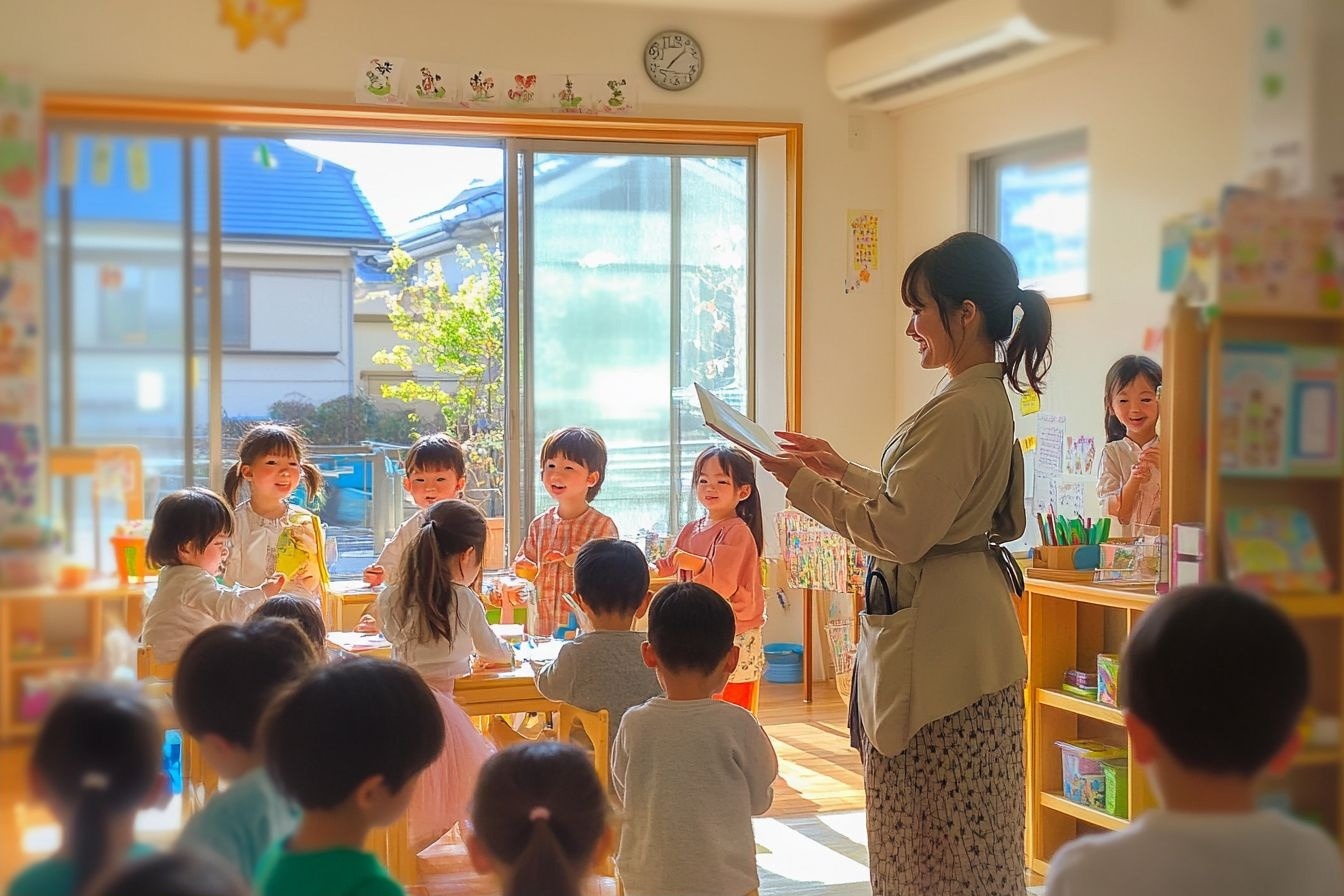Why Daycare Jobs in Japan Are Attracting New Talent Fast
Working with children can be both meaningful and rewarding — and daycare centers across Japan are actively looking for new team members. With accessible training options and a growing need for childcare support, this field offers a clear path into a stable, people-focused profession.

What’s driving the demand for daycare workers in Japan?
Japan’s aging population and low birth rate have created a unique situation where childcare services are in high demand. As more women enter the workforce, the need for reliable daycare centers has grown exponentially. The Japanese government has recognized this need and has been actively promoting policies to increase the number of daycare facilities and staff. This push has opened up numerous opportunities for those interested in working with children, making daycare jobs more accessible and appealing than ever before.
How does Japan’s education system view early childhood care?
In Japan, early childhood education is highly valued and considered crucial for a child’s development. Preschools in Japan, known as “yochien,” and kindergartens, or “hoikuen,” form the backbone of the early education system. These institutions focus on nurturing social skills, creativity, and basic academic foundations. The respect given to early childhood educators in Japanese society contributes to the allure of daycare jobs, as professionals in this field are seen as playing a vital role in shaping the future generation.
What qualifications are needed for daycare jobs in Japan?
Becoming a daycare worker in Japan typically requires specific qualifications. Most positions demand a childcare license or a kindergarten teaching license. However, the Japanese government has been working to make these qualifications more attainable. Many universities and vocational schools now offer programs tailored to meet the growing demand for childcare professionals. Additionally, there are opportunities for on-the-job training and apprenticeships, making it easier for career changers to enter the field.
What are the benefits of working in Japanese daycare centers?
Daycare centers in Japan offer a range of benefits that are attracting new talent. Job stability is a significant draw, as the demand for childcare services continues to grow. Many facilities provide comprehensive training programs, allowing employees to develop their skills and advance their careers. The work environment often emphasizes teamwork and collaboration, creating a supportive atmosphere for new entrants to the field. Moreover, the satisfaction of contributing to children’s growth and development is a powerful motivator for many choosing this career path.
How does Japan’s culture influence the daycare profession?
Japan’s cultural emphasis on respect, discipline, and collective harmony plays a significant role in shaping the daycare profession. Daycare workers are expected to instill these values in children from an early age. The profession is seen as not just caring for children but also as a crucial part of preserving and passing on Japanese cultural traditions. This cultural aspect adds depth and meaning to the work, attracting individuals who value these principles and wish to contribute to society in a meaningful way.
What are the career prospects and salary expectations?
The career prospects for daycare workers in Japan are promising, with opportunities for advancement and specialization. As professionals gain experience, they can move into leadership roles within daycare centers or specialize in areas such as special needs education or curriculum development.
| Position | Experience Level | Estimated Monthly Salary (JPY) |
|---|---|---|
| Entry-level Daycare Worker | 0-2 years | 180,000 - 220,000 |
| Experienced Daycare Worker | 3-5 years | 220,000 - 280,000 |
| Senior Daycare Worker | 5+ years | 280,000 - 350,000 |
| Daycare Center Manager | 10+ years | 350,000 - 500,000 |
Prices, rates, or cost estimates mentioned in this article are based on the latest available information but may change over time. Independent research is advised before making financial decisions.
The salary range for daycare workers in Japan varies depending on experience, qualifications, and location. Urban areas like Tokyo and Osaka typically offer higher salaries to compensate for the higher cost of living. Many daycare centers also provide benefits such as health insurance, paid vacation, and professional development opportunities, further enhancing the attractiveness of these positions.
In conclusion, daycare jobs in Japan are attracting new talent due to a combination of factors: increasing demand, government support, cultural respect for early childhood education, and promising career prospects. As Japan continues to address its childcare needs, the daycare profession is likely to remain an appealing option for those seeking a rewarding career in education and child development.



